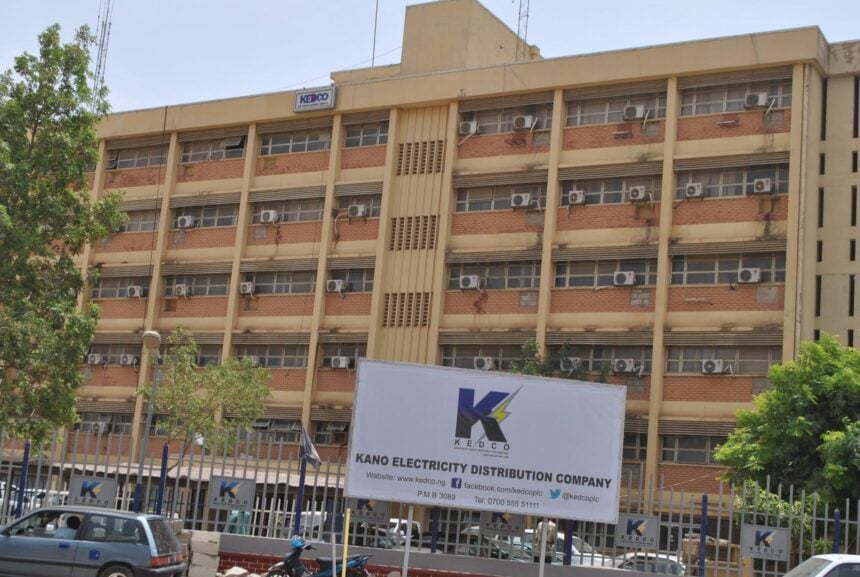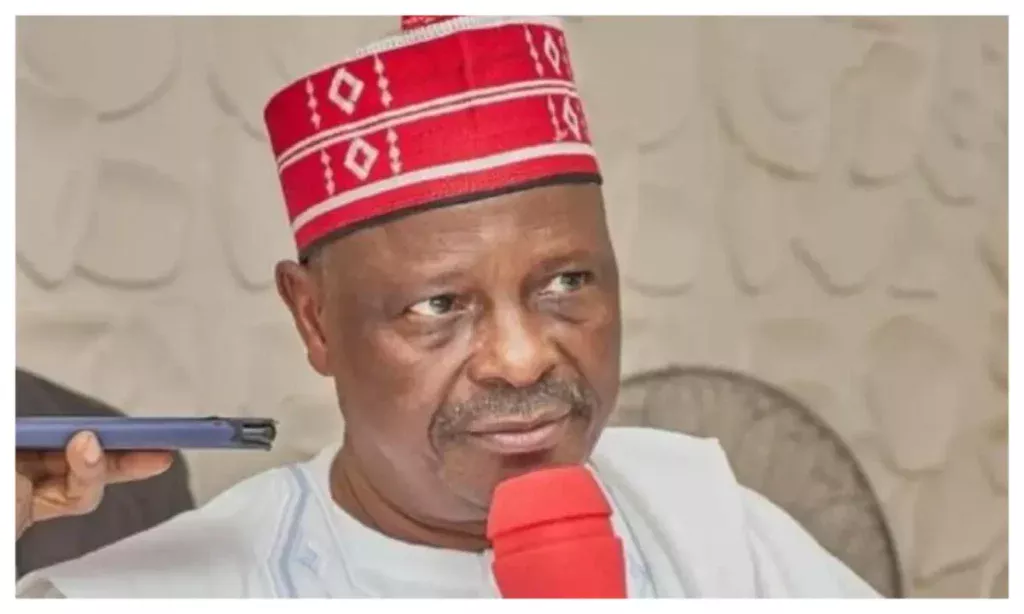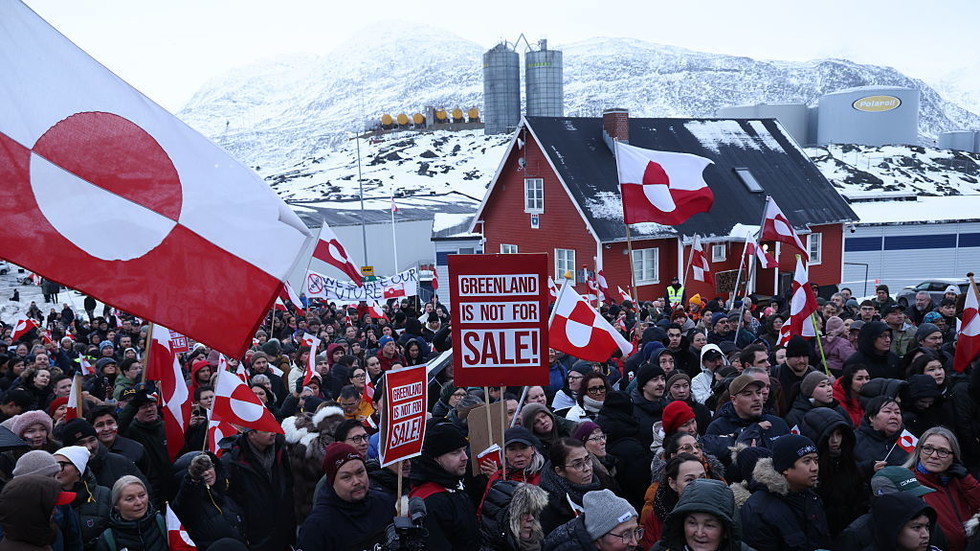Former presidential aide to Muhammadu Buhari, Obol Okoi Obono-Obla, has vehemently criticized the Niger Delta Development Commission (NDDC) for allocating a mere N16 billion for capital projects in 2023/2024 to Cross River State. He termed the allocation as inadequate and unfair, stating that it undermines the state’s rights.
Speaking out on Saturday, Obono-Obla, a prominent figure in the ruling All Progressives Congress (APC), lamented the NDDC’s allocation, branding it unconstitutional and unacceptable for its discriminatory nature.
The NDDC, responsible for nine states including Abia, Akwa Ibom, Bayelsa, Cross River, Delta, Edo, Imo, Ondo, and Rivers, outlined the allocation for projects in their Appropriation Act 2023.
Obono-Obla denounced the unequal allocation, questioning the NDDC’s justification and accusing them of disrespecting the people of Cross River State. He expressed, “What gives the NDDC the audacity to insult the people of Cross River State with reckless abandon and ignominy, whereas every state enumerated is equal to each other and must be treated equally without any shade or iota of discrimination?”
He further rebuked the rationale behind the allocation, labeling it as wicked, illegal, and a distortion of facts. Refuting the argument that Cross River State’s lack of contribution to oil production justifies the meager allocation, he called it “malicious, balderdash, and perverse,” citing no provisions in the NDDC Act to support such discriminative measures.
Obono-Obla highlighted the unconstitutional nature of the allocation, emphasizing that the Nigerian Constitution explicitly forbids discrimination against any entity. He stressed that such discrimination contradicts the essence of the NDDC Act.
The prominent critic also challenged the allocation’s compliance with the 13% derivation principle, asserting that it does not align with the NDDC’s sharing template, rendering it unconstitutional.
He condemned the attempts to justify the unequal distribution, denouncing the blatant imbalance and partiality in resource allocation among NDDC member states.



